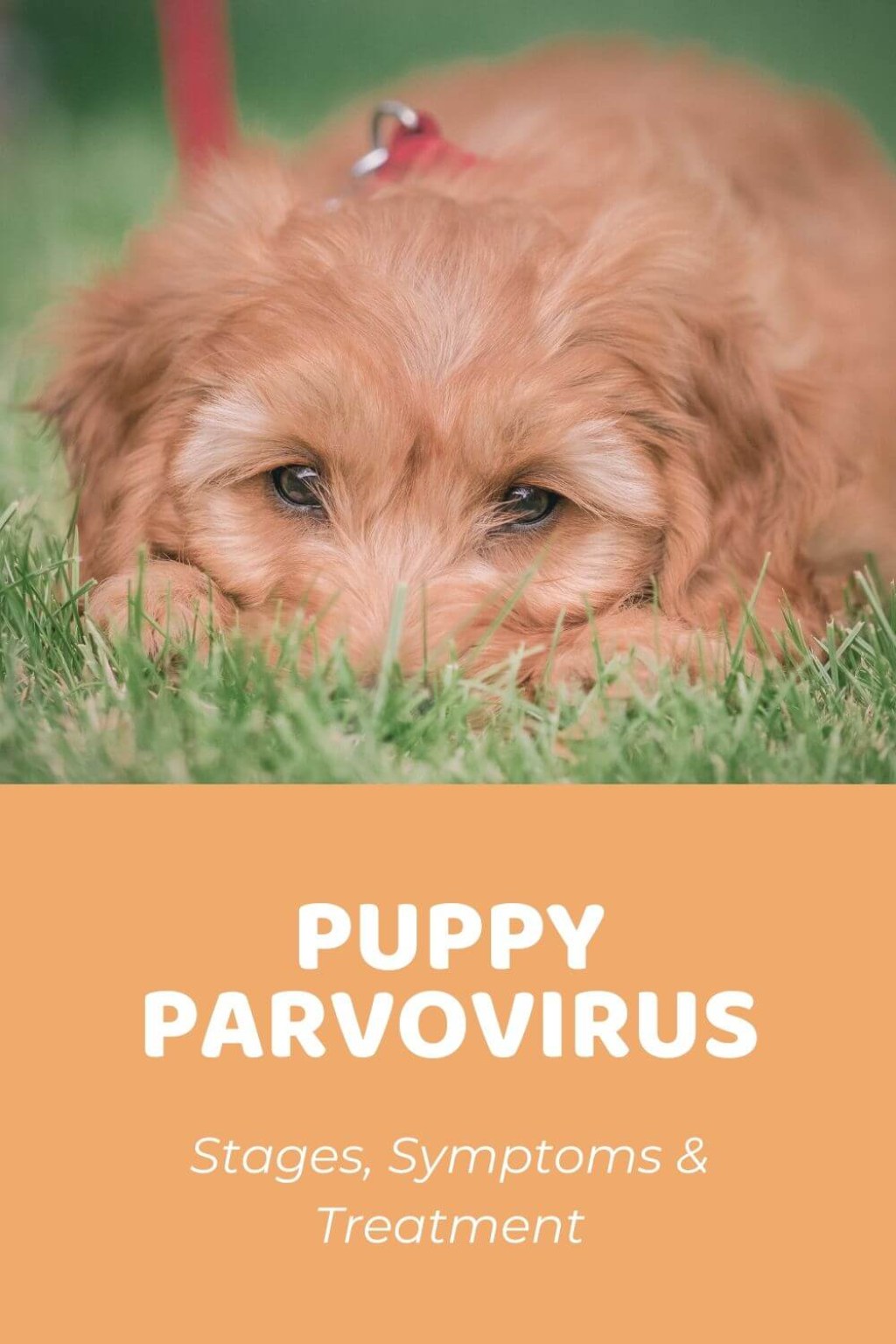Unlock The Secrets: Parvo In Puppies Stages Revealed – Act Now For A Healthy Furry Friend!
Understanding Parvo in Puppies Stages
Introduction
Greetings, Puppies Lover! As a dog enthusiast, it is crucial to be well-informed about common health issues that our furry friends may encounter. One such ailment is parvo in puppies, a highly contagious viral infection that can have severe consequences if not detected and treated early on. In this article, we will delve into the different stages of parvo in puppies, providing you with valuable insights on how to recognize and address this condition.
2 Picture Gallery: Unlock The Secrets: Parvo In Puppies Stages Revealed – Act Now For A Healthy Furry Friend!


What is Parvo in Puppies?
🐶🦠Parvo in puppies is a viral infection that primarily affects young dogs. The virus responsible for this disease is called canine parvovirus, which primarily attacks the gastrointestinal system. Parvo can be found in the feces and vomit of infected dogs and can survive in the environment for extended periods, making it highly contagious.
Who is at Risk?

Image Source: pdsa.org.uk
🐾🚫Puppies between the ages of six weeks and six months are particularly vulnerable to parvo. Their immune systems are not fully developed, making it easier for the virus to attack their bodies. Additionally, unvaccinated dogs or those with weak immune systems are at a higher risk of contracting parvo.
When Does Parvo Strike?
⚠️Parvo outbreaks can occur at any time, but they are more prevalent in warmer months when dogs spend more time outdoors. Puppies who have not completed their vaccination schedules are at the highest risk. It is crucial to be aware of the signs and symptoms to ensure swift action.
Where is Parvo Found?

Image Source: doodledoods.com
🌍Parvo can be found worldwide and is not limited to specific geographic locations. The virus can survive in various environments, including dog parks, kennels, and even your own backyard. It is essential to maintain proper hygiene and cleanliness to minimize the risk of exposure.
Why is Parvo Dangerous?
❗️Parvo is a highly dangerous and potentially fatal disease. It attacks the lining of a dog’s intestines, leading to severe vomiting, diarrhea, dehydration, and, in worst cases, death. Without prompt treatment, infected puppies may not survive.
How is Parvo Transmitted?
🤝Parvo is transmitted through direct contact with an infected dog or by indirect contact with contaminated objects, such as food bowls, toys, or clothing. Even a simple sniff or lick from an infected dog can transmit the virus. It is crucial to practice proper hygiene and limit exposure to potentially infected areas.
Advantages and Disadvantages of Parvo Vaccination
👍👎Like any medical intervention, parvo vaccination has its advantages and disadvantages. On one hand, vaccination can provide immunity and protect puppies from the virus. On the other hand, there may be potential side effects or incomplete protection. It is essential to consult with a veterinarian to weigh the pros and cons and make an informed decision.
FAQ (Frequently Asked Questions)
Q: Can adult dogs get parvo?
A: Yes, although it is more common in puppies, adult dogs can still contract parvo if they are unvaccinated or have a weakened immune system.
Q: Is parvo contagious to humans?
A: No, parvo is not contagious to humans. It is specific to dogs and cannot be transmitted to other animals or humans.
Q: Can indoor dogs get parvo?
A: Yes, even indoor dogs are at risk of contracting parvo if they come into contact with contaminated objects or interact with infected dogs.
Q: How long does it take for a puppy to recover from parvo?
A: The recovery time for a puppy with parvo can vary depending on the severity of the infection. It may take several weeks for a puppy to fully recover and regain their strength.
Q: Can a dog survive parvo without treatment?
A: It is highly unlikely for a dog to survive parvo without treatment. Prompt veterinary care is crucial for increasing the chances of survival.
Conclusion
🐕✅Now that you are equipped with knowledge about the stages of parvo in puppies, you can better protect your canine companions. Remember to vaccinate your puppies, practice proper hygiene, and seek immediate veterinary attention if you suspect your furry friend may have contracted parvo. By staying informed and proactive, we can ensure the well-being and happiness of our beloved pets.
Disclaimer: The information provided in this article is for educational purposes only and should not replace professional veterinary advice. Always consult with a veterinarian for proper diagnosis and treatment of parvo in puppies.
This post topic: Puppies



